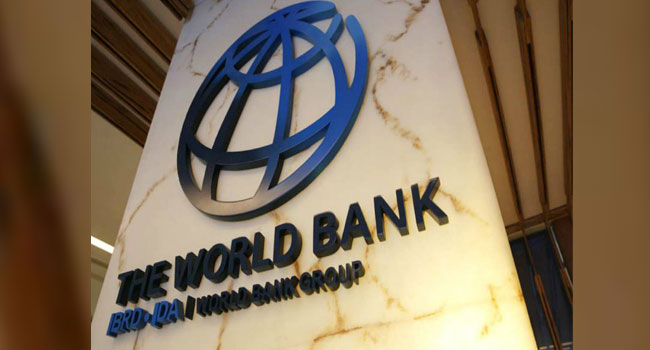The Federal Government is targeting a $500m loan from the World Bank to tackle inadequate human resource issues in the country’s education and healthcare systems.
The proposed loan, part of the Nigeria Human Capital Opportunities for Prosperity and Equity Governance Programme, is intended to tackle long-standing staffing gaps and enhance the performance management of basic education teachers and primary healthcare workers.

According to the “Programme Information Document” for the appraisal stage of the Nigeria Human Capital Opportunities for Prosperity and Equity Governance Programme, obtained by Sunday PUNCH on Friday, the international lender is expected to give its final approval for the loan on September 26, 2024, and it has the Ministry of Budget and Economic Planning, Ministry of Education and Ministry of Health as the implementing agencies.
It showed the loan is to support strengthening financial and human resource management in the basic education and primary health care sectors
According to the document, the loan will focus on three major result areas, with the improvement of recruitment, deployment, and performance management of sector workers being a key component.
This effort is particularly important given Nigeria’s alarming human capital index, which indicates that a child born in the country will only achieve 36 per cent of their productive potential if current levels of health and education services persist.
The document reads, “Nigeria suffers from a shortage of qualified professionals, including teachers and health workers, when compared to the average for low- and middle-income countries. These are also highly unequal across regions/states. Frontline workers such as teachers and healthcare workers are technically employees of local governments, but states vary considerably in the extent to which they are managed at a central state level, creating blurred accountabilities.
“Moreover, human resource management suffers from a lack of planning, is often not properly costed and is not always based on merit and transparency. The deployment of these professionals is also suboptimal and not aligned to guarantee learning and basic health care for all. A 2015 service delivery study found that 14 per cent of teachers were absent from school, 19 per cent of those present were not teaching, and 32 per cent of health workers were absent from duty post.”
According to the document, one of the primary objectives of the loan is to incentivise improvements in workforce planning within the education and healthcare sectors.
It noted that the loan would provide the necessary financial resources to enhance the recruitment processes, ensuring that qualified professionals are adequately deployed where they are most needed.
The initiative will also address the significant disparities in staffing across Nigeria’s regions, a challenge that has long plagued both sectors.







